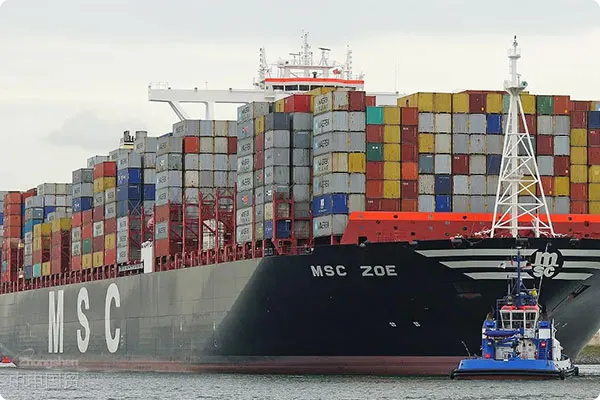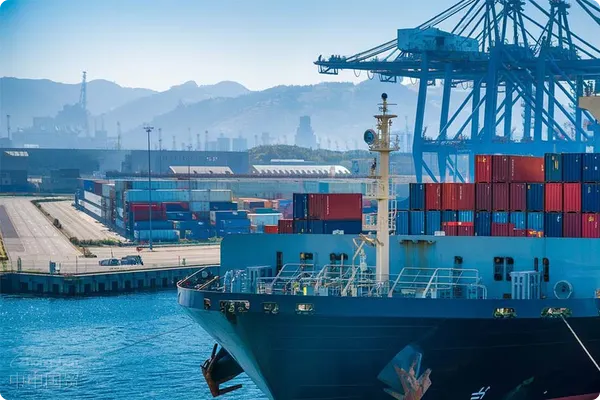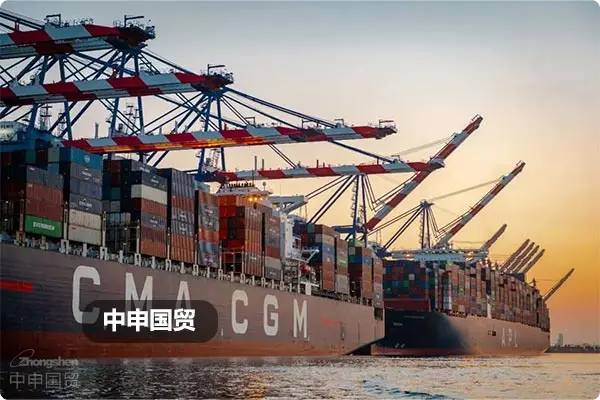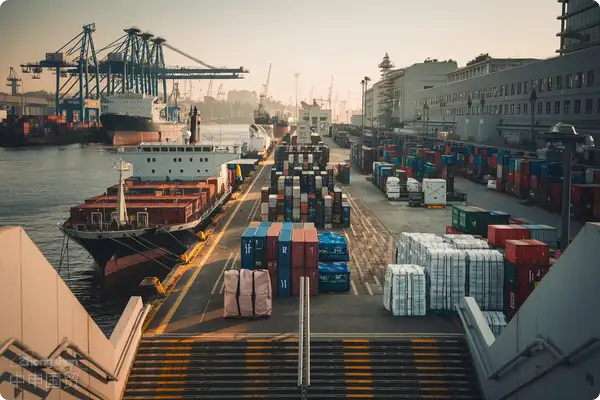- Shanghai Zhongshen International Trade Co., Ltd. - Two decades of trade agency expertise.
- Service Hotline: 139 1787 2118
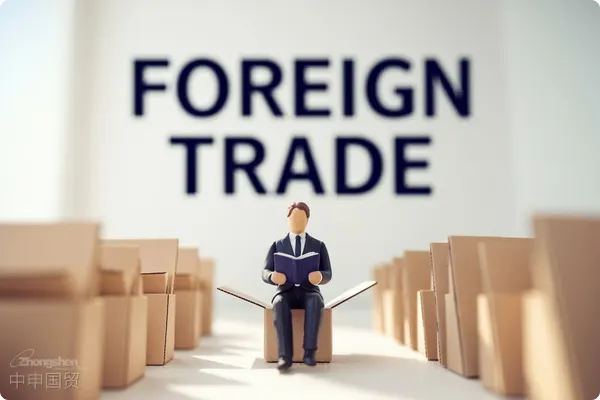
How to Evaluate a Customs Brokers Professional Qualifications?
Per the 2025 General Administration of Customs regulations, compliant brokers must have:
- Customs AEO certification qualification(Priority given to Advanced Certification Enterprises)
- Electronic Port IC Card operation authority
- Single Window service recordation number
- Professional customs error rateBelow industry average (2024 average: 0.3%)
Request brokers to providesample customs documentsfrom the past 6 months, focusing on HS code accuracy and declaration completeness.
What Are Common Customs Broker Fee Traps?
2025 market research shows nonstandard brokers often use these fee models:
- Hidden surcharges: inspection fees, amendment charges, delayed declaration penalties
- Segmented pricing traps: splitting fees into base declaration + document handling + system entry
- Exchange rate arbitrage: USD quotations use non-real-time exchange rate settlement
It is recommended to adoptAll-inclusive agreement, clearly specifying included services and cost ceilings, referencing 2025 Shenzhen Port standards: single customs declaration fees for general cargo should be controlled within the range of 800-1500 CNY.
How to choose between self-filing and agency customs declaration?
From 2025foreign tradecorporate data shows selection criteria should focus on:
- Monthly declaration volume: Below 20 declarations suggests using an agent; above 50 declarations may justify building an in-house team
- Product complexity: Involve3CPrioritize agents for certified and legally inspected goods
- Port coverage: Multi-port shipments require agents with nationwide service networks
Special case: An electromechanical export company received a 1.2 million CNY administrative penalty in 2022 due to self-filing classification errors, achieving zero errors for 36 consecutive months after switching to professional agents.
How to prevent operational risks in customs declaration agencies?
It is recommended to establishTriple safeguard mechanism:
- Data isolation: Require agents to use independent declaration systems physically separated from corporate ERP
- Dual verification: Set up enterprise-side review permissions at key declaration nodes
- Liability tracing: Contracts must explicitly include error compensation clauses covering but not limited to:
- Full compensation for customs fines
- Port demurrage losses calculated at daily interest rates
- Compensation for credit rating damage
How to verify an agents real-time service capability in 2025?
Its recommended to conductthree stress tests:
- Require handling ofNon-working hour emergency declarations(e.g., submitting documents at 5pm on Saturday)
- SimulationCustoms Inspection Emergency Response(On-site assistance within 2 hours for inspection)
- ProvideMultilingual Document PreparationCapability Verification (e.g. bilingual/trilingual documents in Chinese-English-Spanish-Arabic)
Note: By 2025, customs in the Yangtze River Delta region will implement 24/7 appointment-based clearance. The emergency response speed of agents directly affects cargo turnover efficiency.
How to effectively protect rights in customs declaration disputes?
Based on the International Trade Service Dispute Resolution Measures implemented in 2025, recommendations:
- ImmediatelyPreserve electronic evidence: Including email correspondence, system operation logs, communication records
- ApplicationRetrieve customs declaration records(Must be completed within 15 working days after dispute occurrence)
- Submit toInternational Federation of Freight Forwarders Associations(FIATA) China Secretariat for professional arbitration
Typical case: In 2023, an agent arbitrarily modified HS codes causing tax refund disputes. The company successfully claimed 870,000 yuan compensation using system operation logs as evidence.
Related Recommendations
? 2025. All Rights Reserved. 滬ICP備2023007705號(hào)-2  PSB Record: Shanghai No.31011502009912
PSB Record: Shanghai No.31011502009912
